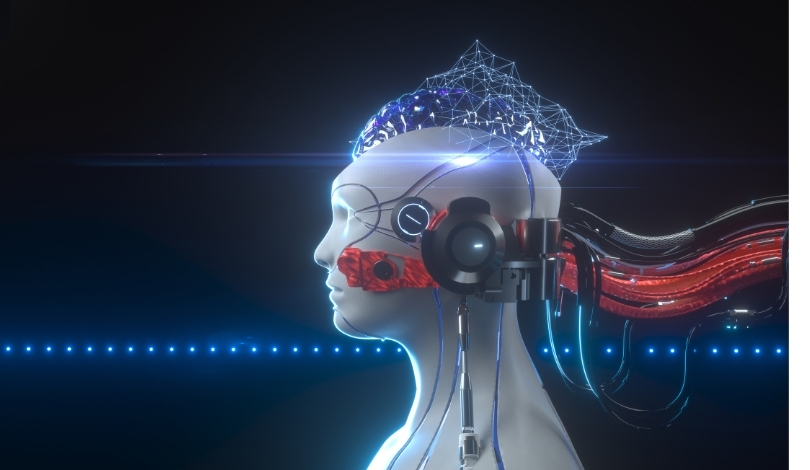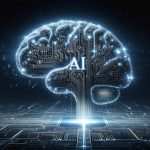Artificial Intelligence (AI) stands on the brink of reshaping educational landscapes globally, promising both innovation and disruption. In schools, the integration of AI invites a myriad of applications and ethical considerations. The debate around AI in education is not just about adopting technology but redefining teaching and learning methodologies. As classrooms become more digitized, educators, policymakers, and tech developers are navigating a complex terrain filled with both potential advancements and pressing concerns.
In recent years, AI has appeared in educational discussions as a transformative element, although its adoption has varied widely across regions. Earlier introductions of AI were hailed as a significant shift from traditional methods, enabling personalized learning and automating routine tasks. However, varying levels of technological infrastructure and training have caused disparities in implementation. The overarching promise to revitalize education remains contingent on overcoming existing hurdles and bridging digital divides.
What Roles Can AI Play in Classrooms?
AI offers opportunities to tailor learning experiences by personalizing educational content to meet individual student needs. Programs can assess a student’s capabilities and adapt lessons accordingly, potentially dismantling conventional one-size-fits-all models. President Trump’s executive order highlighted the necessity to prepare youth for an AI-inclusive future by including high-quality instructional resources and enriched tutoring supported by AI.
What Challenges Does AI in Education Face?
Despite its promise, the reliance on AI raises critical issues around data privacy and security. Safeguarding student information against exploitation or breaches is crucial. Moreover, bias in AI systems can perpetuate societal inequalities if algorithms reflect existing skewed data. Meanwhile, the digital divide emphasizes that unequal access to technology can exacerbate educational inequities, urging comprehensive policy and infrastructure development.
How Are Educators Prepared for AI Integration?
Educators play a pivotal role, yet findings suggest many teachers lack adequate training for effective AI integration. Initiatives must ensure educators are equipped not just technically but also pedagogically to merge AI tools into curricula ethically and effectively. Reports from the GMB Union revealed that a significant number of schools in the UK use AI, although staff training remains a neglected component.
A collaborative approach involving governments, educational institutions, and technology developers is crucial to leveraging AI positively. It’s essential to draft robust guidelines focused on ethical AI usage, data protection, and inclusivity. Additionally, long-term investment in teacher training and infrastructure is needed to build AI literacy among students and educators. Well-implemented AI holds the promise of tailoring education to fit modern demands effectively, boosting student engagement, accessibility, and learning outcomes.










